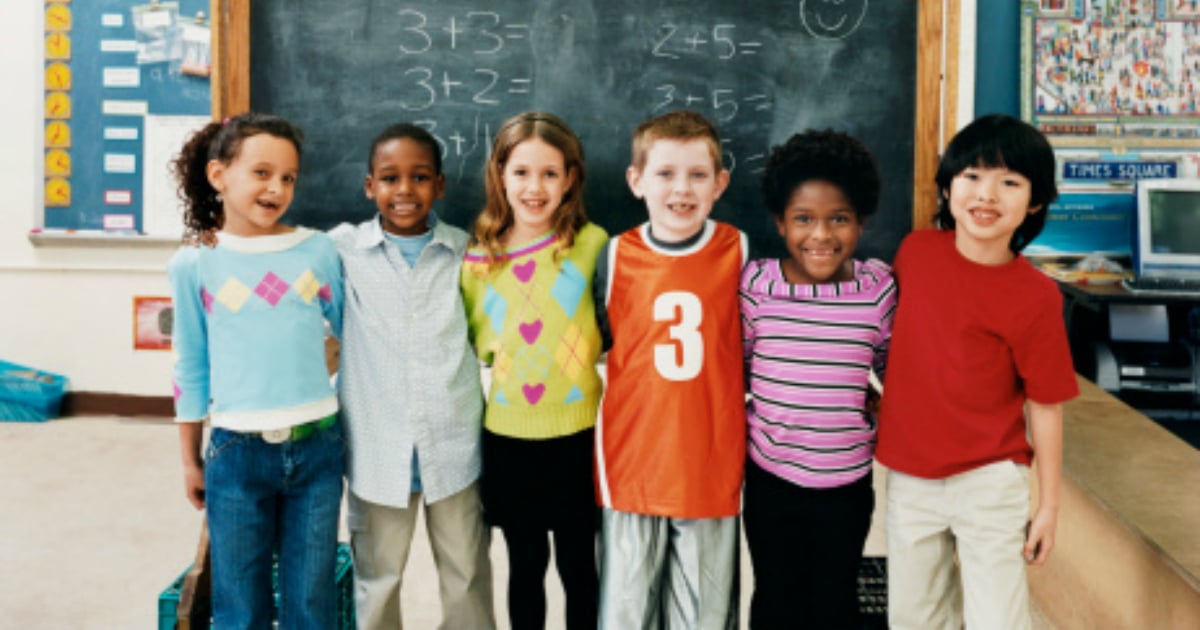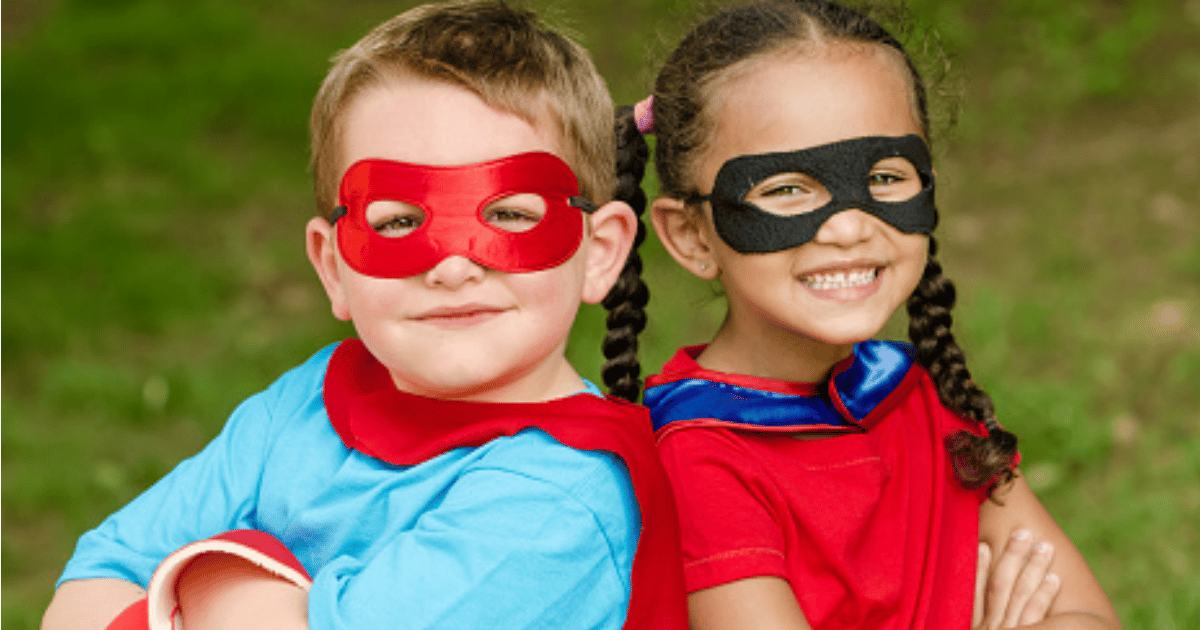Some of the things that come out of seven-year-olds’ mouths are shocking.
“Men are better at being in charge,” a small girl with a ponytail suggests.
“Boys are cleverer because they get into president easily, don’t they?” declares a solid-looking little boy.
These two children are part of a social experiment carried out for the BBC. In a documentary called No More Boys And Girls: Can Our Kids Go Gender Free?, a Year Three class on the Isle of Wight is turned gender-neutral for six weeks.
Books featuring princesses and superheroes are cleared from the classroom. Signs saying “girls are strong” and “boys are sensitive” go up on the walls. The teacher is told to stop calling the girls “sweet pea” and the boys “mate”. The toilets become unisex. Parents are told to bag up their kids’ toy guns and tiaras.
Before the experiment begins, the children are tested on behaviour and psychological traits, to see what differences exist between the genders.
It’s then that some shocking 1950s attitudes are exposed. Kids of both genders see boys as being stronger, smarter and more successful, while girls are good at “being pretty”. All the girls except one say they think boys are “better” than them.
The aim of the experiment is to reduce the differences between the boys and girls in the class in the space of six weeks.




Top Comments
People are turning this gender neutral thing way to complicated. It means simply allowing children to explore regardless of stereotypes. Whether its a boy in a princess dress or a girl playing with trucks. Who cares. They are learning and having fun.
Taking gender out of the equation entirely is not feasible at all. Girls and boys are different. Just as men and women are different. To dismiss those gender differences outright could be very damaging to children. How do you explain to a child that is learning what they are that even you dont know what they are. Scary to think about
Sigh. I see NSW banned Vegemite in canteens. Will skirts be banned next?